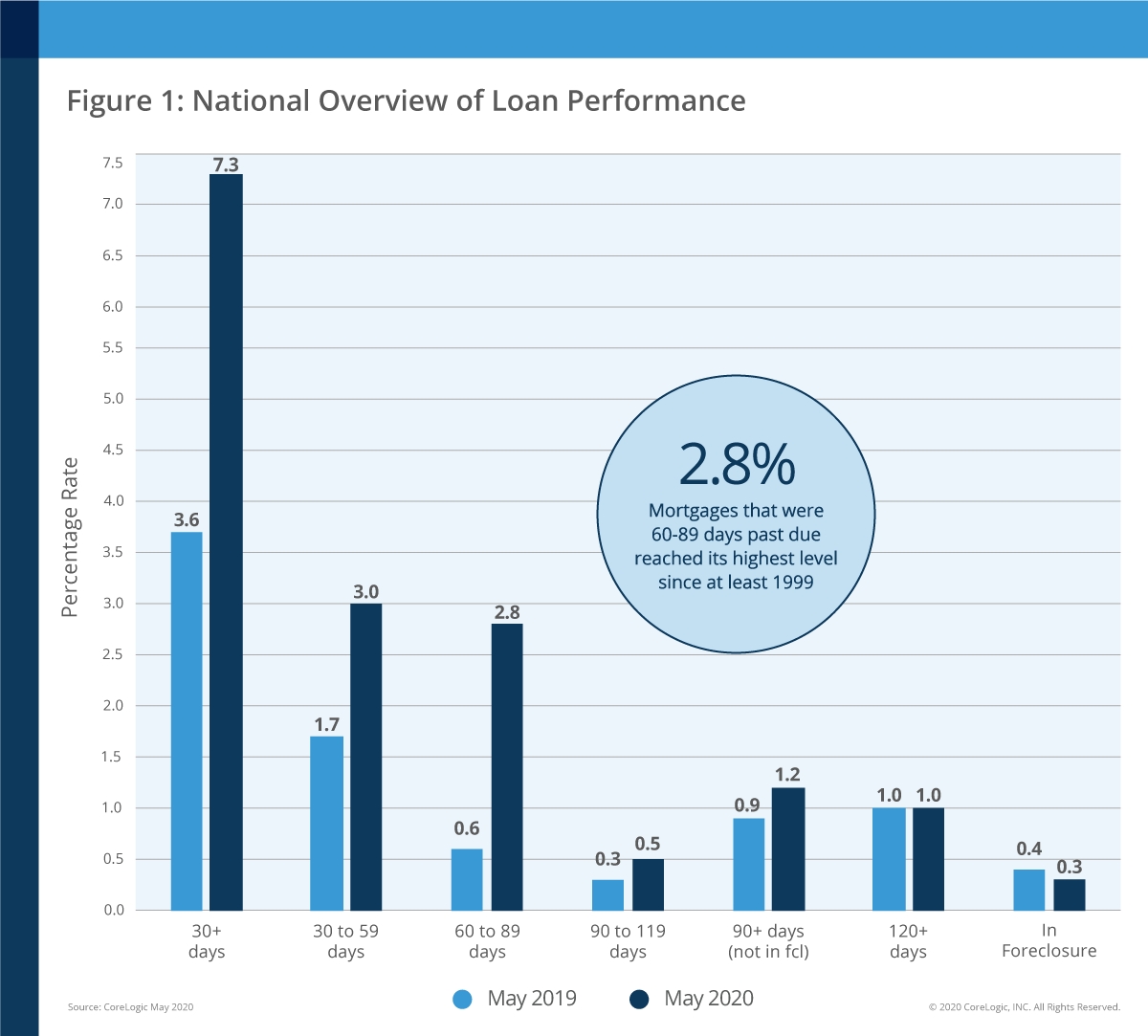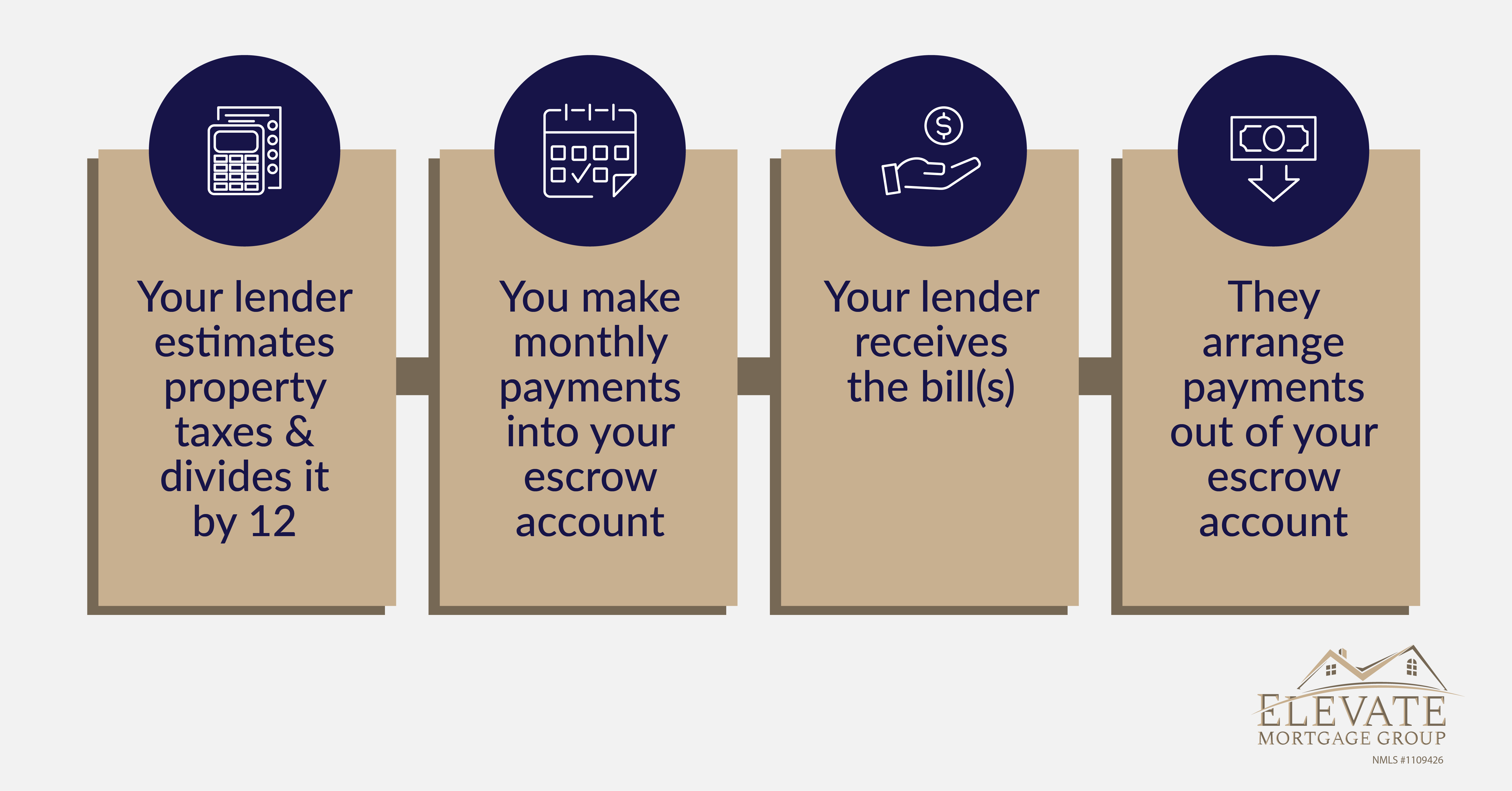Mortgage payments are structured so that interest is settled faster, with the bulk of home loan payments in the very first half of your home mortgage term approaching interest. As the loan amortizes, increasingly more of the home mortgage payment goes toward the principal and less toward its interest. Keep reading: Prior to you even make an application for a home loan, you have to get preapproved. As soon as you sign, these become what you need to pay. With a fixed-rate home mortgage, your rates of interest remains the same throughout the life of the home mortgage. (Home mortgages generally last for 15 or thirty years, and payments must be made month-to-month.) While this indicates that your rate of interest can never go up, it also implies that it might be greater usually than a variable-rate mortgage in time.
However, you typically get a specific number of years at the start of the loan period during which the rates of interest is fixed. For instance, if you have a 7/1 ARM, you get seven years at the repaired rate after which the rate can be changed as soon as per year. This suggests your month-to-month mortgage payment could increase or down to account for modifications to the rates of interest.
If you're 62 or older and desire cash to pay off your mortgage, supplement your earnings, or spend for health care expenditures you may think about a reverse mortgage. It permits you to transform part of the equity in your home into money without needing to sell your house or pay additional monthly bills.
A reverse home loan can consume the equity in your house, which indicates less assets for you and your beneficiaries. If you do decide to search for one, evaluate the various kinds of reverse home mortgages, and contrast shop prior to you pick a particular company - how do escrow accounts work for mortgages. Continue reading to get more information about how reverse mortgages work, getting approved for a reverse home loan, getting the very best offer for you, and how to report any fraud you may see.
The Greatest Guide To How Do 2nd Mortgages Work?
In a home loan, you get a loan in which the lender pays you. Reverse mortgages participate of the equity in your house and transform it into payments to you a type of advance payment on your home equity. The cash you get typically is tax-free. Normally, you don't need to pay back the cash for as long as you reside in your home.
In some cases that implies selling the home to get money to repay the loan. There are three sort of reverse home mortgages: single function reverse home mortgages offered by some state and local government agencies, in addition to non-profits; proprietary reverse home mortgages private loans; and federally-insured reverse home loans, also called Home Equity Conversion Home Mortgages (HECMs).
You keep the title to your house. Rather of paying monthly mortgage payments, though, you get an advance on part of your home equity (how do mortgages work in monopoly). The cash you get generally is not taxable, and it generally will not impact your Social Security or Medicare advantages. When the last enduring debtor dies, offers the home, or no longer lives in the home as a primary house, the loan needs to be repaid.
Here are some things to consider about reverse home loans:. Reverse home loan loan providers typically charge an origination fee and other closing costs, in addition to servicing charges over the life of the home mortgage. Some also charge home mortgage insurance premiums (for federally-insured HECMs). As you get money through your reverse mortgage, interest is added onto the balance you owe each month.
How Mortgages Subsidy Work Things To Know Before You Buy
The majority of reverse home loans have variable rates, which are connected to a monetary index and change with Find more information the market. Variable rate loans tend to give you more options on how you get your cash through the reverse home mortgage. Some reverse home mortgages mainly HECMs use repaired rates, however they tend to need you to take your loan as a swelling sum at closing.
Interest on reverse home loans is not deductible on earnings tax returns till the loan is settled, either partially or completely. In a reverse home mortgage, you keep the title to your home. That implies you are accountable for property taxes, insurance coverage, energies, fuel, upkeep, and other costs. And, if you don't pay your property taxes, keep property owner's insurance coverage, or keep your house, the lending institution may require you to repay your loan.
As an outcome, your lender might require a "set-aside" total up to pay your taxes and insurance throughout the loan. The "set-aside" reduces https://gunnerrtcv867.shutterfly.com/30 the quantity of funds you can get in payments. You are still accountable for keeping your house. With HECM loans, if you signed the loan documentation and your spouse didn't, in particular scenarios, your spouse might continue to reside in the home even after you die if she or he pays taxes and insurance, and continues to maintain the property.
Reverse home mortgages can use up the equity in your house, which implies fewer assets for you and your heirs. The majority of reverse home loans have something called a "non-recourse" stipulation. This implies that you, or your estate, can't owe more than the worth of your home when the loan becomes due and the house is sold.
The 6-Minute Rule for How Do Mortgages Finance Work
As you consider whether a reverse home loan is right for you, likewise think about which of the 3 types of reverse home mortgage may finest fit your needs. are the least expensive choice. They're used by some state and regional government companies, along with non-profit companies, however they're not available all over.

For instance, the lending institution may state the loan might be used just to pay for home repair work, improvements, or real estate tax. Most house owners with low or moderate income can qualify for these loans. are personal loans that are backed by the companies that establish them. If you own a higher-valued house, you might get a larger loan advance from an exclusive reverse home loan.
are federally-insured reverse mortgages and are backed by the U. S. Department of Real Estate and Urban Development (HUD). HECM loans can be used for any purpose. HECMs and exclusive reverse mortgages might be more pricey than conventional mortgage, and the upfront costs can be high. That is essential to consider, particularly if you prepare to remain in your house for simply a short time or borrow a percentage.

In basic, the older you are, the more equity you have in your home, and the less you owe on it, the more money you can get. Prior to requesting a HECM, you must fulfill jessica browning las vegas with a therapist from an independent government-approved real estate counseling company. Some lenders offering proprietary reverse home mortgages likewise need counseling.